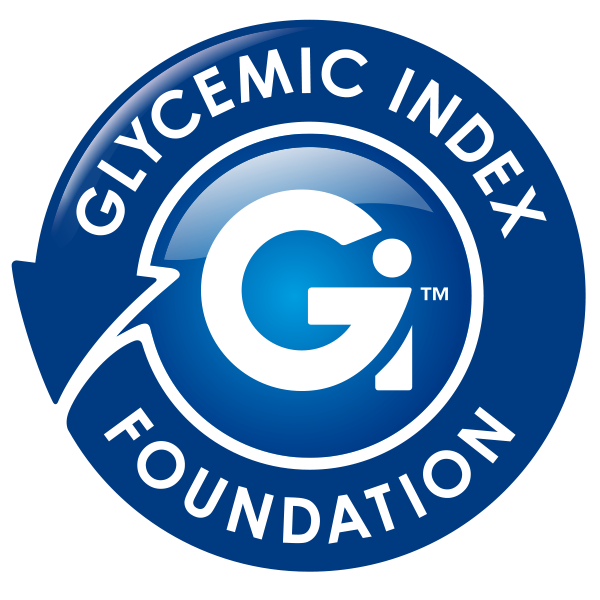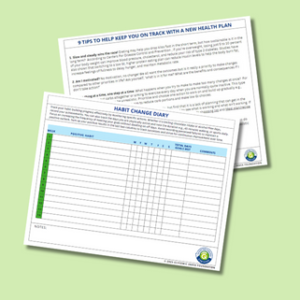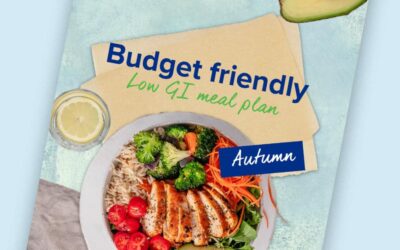As the new year unfolds, do you find that your client’s main topic of conversation is all about losing weight? Ironically, most will already know what to do and probably have a plan they have successfully used in the past but may be fixated on trying another fad diet to get instant results. It therefore may be challenging to know what to discuss during a consultation.
Often it is not what to do that clients struggle with but how to tackle the everyday barriers that get in the way of following a weight loss plan. Most of these barriers are cognitive in nature and include attitudes, expectations, knowledge and beliefs. In other words, our everyday thinking patterns directly impact what we do (or don’t do).
Multiple failed attempts at losing weight can be exhausting so it is no wonder many clients say, “I have no willpower”. However, they may be more ready, willing, and able to get back on track if they understand they are not personally a “weight loss or dieting failure”. This is a common belief, and the type of ingrained thinking pattern that continually sabotages any sustainable weight loss attempts. Often it is the choice of weight loss diet they choose that fails them – unrealistic, quick fixes that do not last long term.
This month, we have provided some basic tips that you can share with your clients to help them keep on track with their weight loss plan. You can walk them through these tips together or simply ask “here are a few tips that can help people keep on track with losing weight, do any of these work for you?” This can open a conversation whereby clients will feel at ease discussing their situation. Given that the therapeutic alliance (the relationship between you and the client) is the number one predictor of adherence, building trust around sensitive topics such as eating habits is important. It can also help with reducing “no shows” – if a client knows that the consultation is not just “what is working and let’s see your progress” but also “what is not working and what do you think is getting in the way?”, they will feel comfortable to return and work on strategies.
To encourage self-management and accountability, we also have provided a habit tracker you can encourage clients to use. A habit tracker monitors actions you are trying to make into habits e.g., alcohol or chocolate free days, a low GI breakfast was eaten or even the minutes you are physically active. If someone is embarking on a new exercise regime and is not very fit, there is no point in aiming to be physically active every day (a common overly optimistic, unrealistic goal clients often set). Alternatively, track the number of active days and aim to build on it each week.
The aim is to increase the number of days you meet your goals, whatever they may be. It is important to note that clients do not record the days when they do not do so well otherwise, they will disregard their successes and focus on their perceived failures. The habit tracker is a great communication tool you can use when clients return for a review consultation. They will be able to talk to you about “what is working and what is not working”. A solution focused conversation will provide an opportunity to work on action planning for their chosen goals.
If clients are stuck on the latest fad diet with minimal success, steering them in the direction towards making healthier food choices as a first positive step may be more realistic and help them keep on track. Rather than “no carbs” for example, the first step could be to switch to low GI carbohydrates to help facilitate weight loss in a smart and sustainable way.
Studies have also shown that switching to a low GI, higher protein eating plan can reduce insulin levels to help the body burn fat, increase feelings of fullness to delay hunger, and maintain metabolic rate. Recommending a staged approach, starting with diet quality (a low GI, higher protein) may be more achievable. Once a low GI, higher protein eating plan is adopted, the next focus could be to reduce caloric intake via carbohydrate quantity (portion caution).
Low GI Diet New Year Habit Change Diary:
We’ve put together an easy to use FREE habit change tracker and tip-sheet to help your clients get started and on track with a healthy eating in 2024.
By Rebecca McPhee, Accredited Practising Dietitian (APD) & Health Coach Consultant.



